Solar storms and Internet apocalypse: Why researcher feels "bad"
Recent discussions about the possibility of an "internet apocalypse" caused by solar storms have captured the attention of everyone, especially those frequenting the various social media platforms.
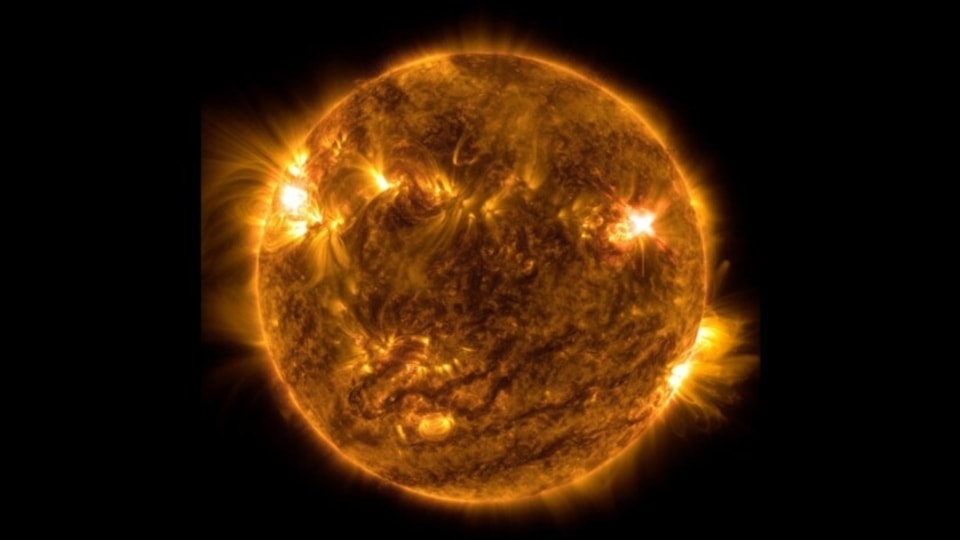
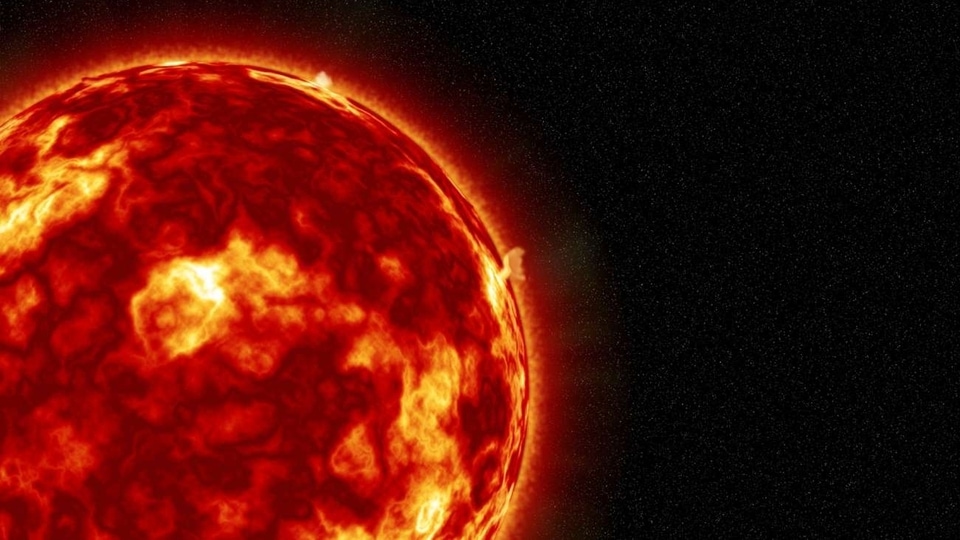
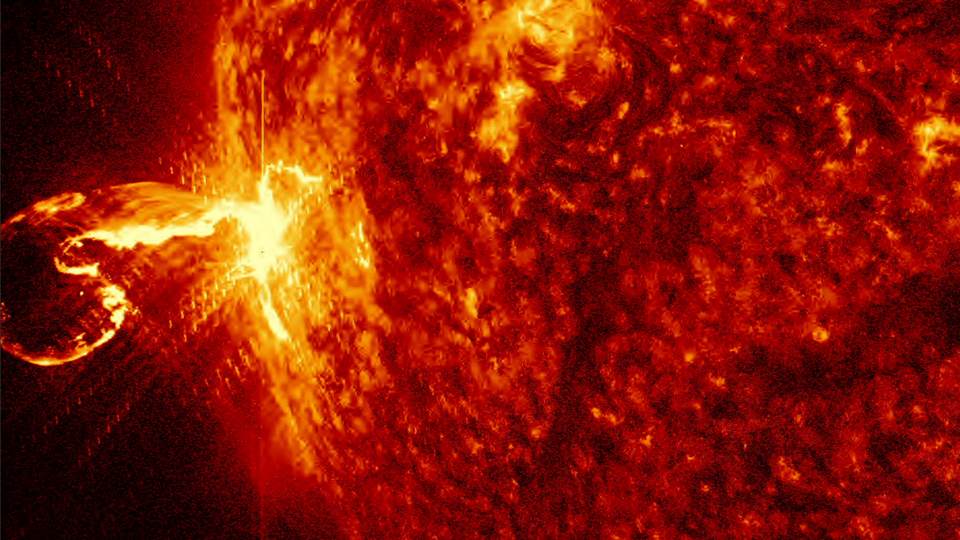
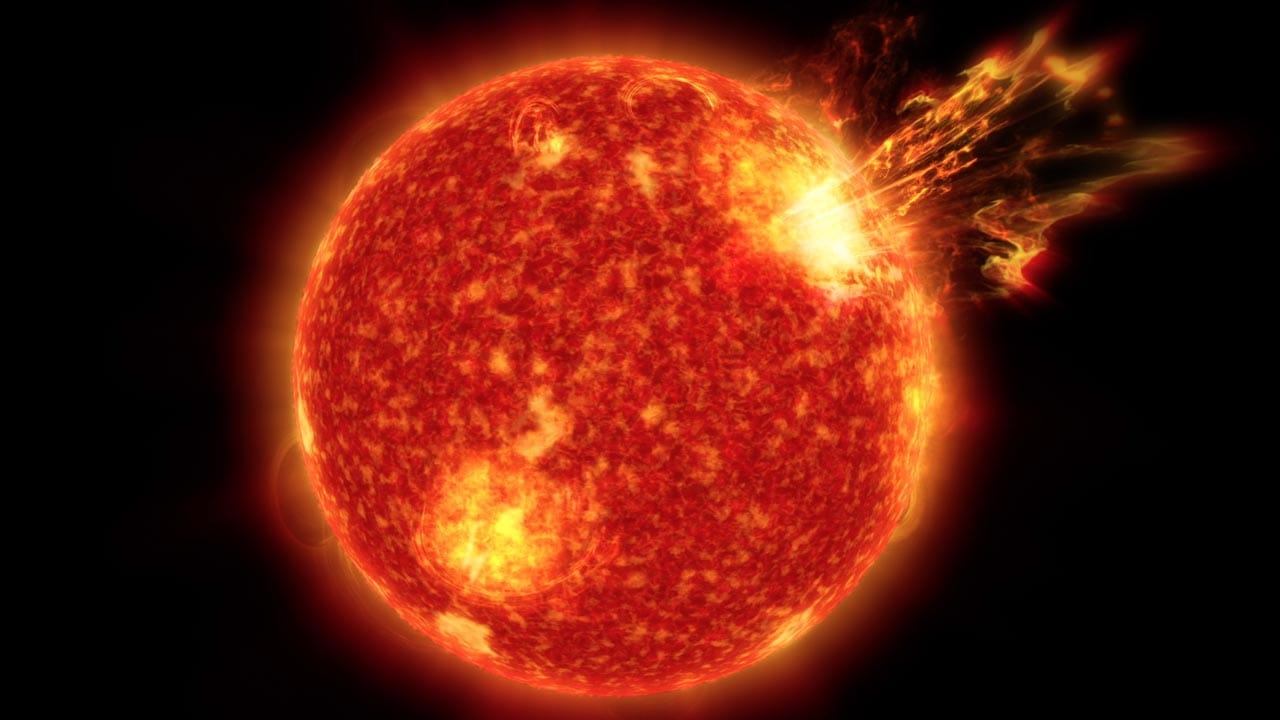
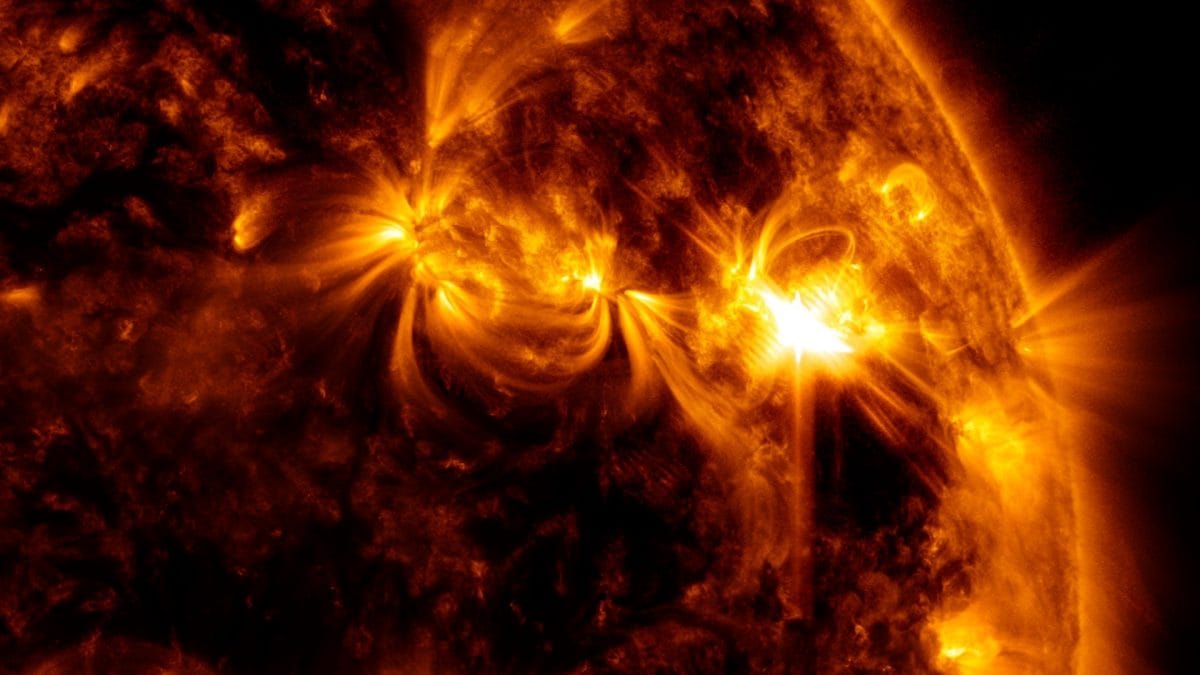
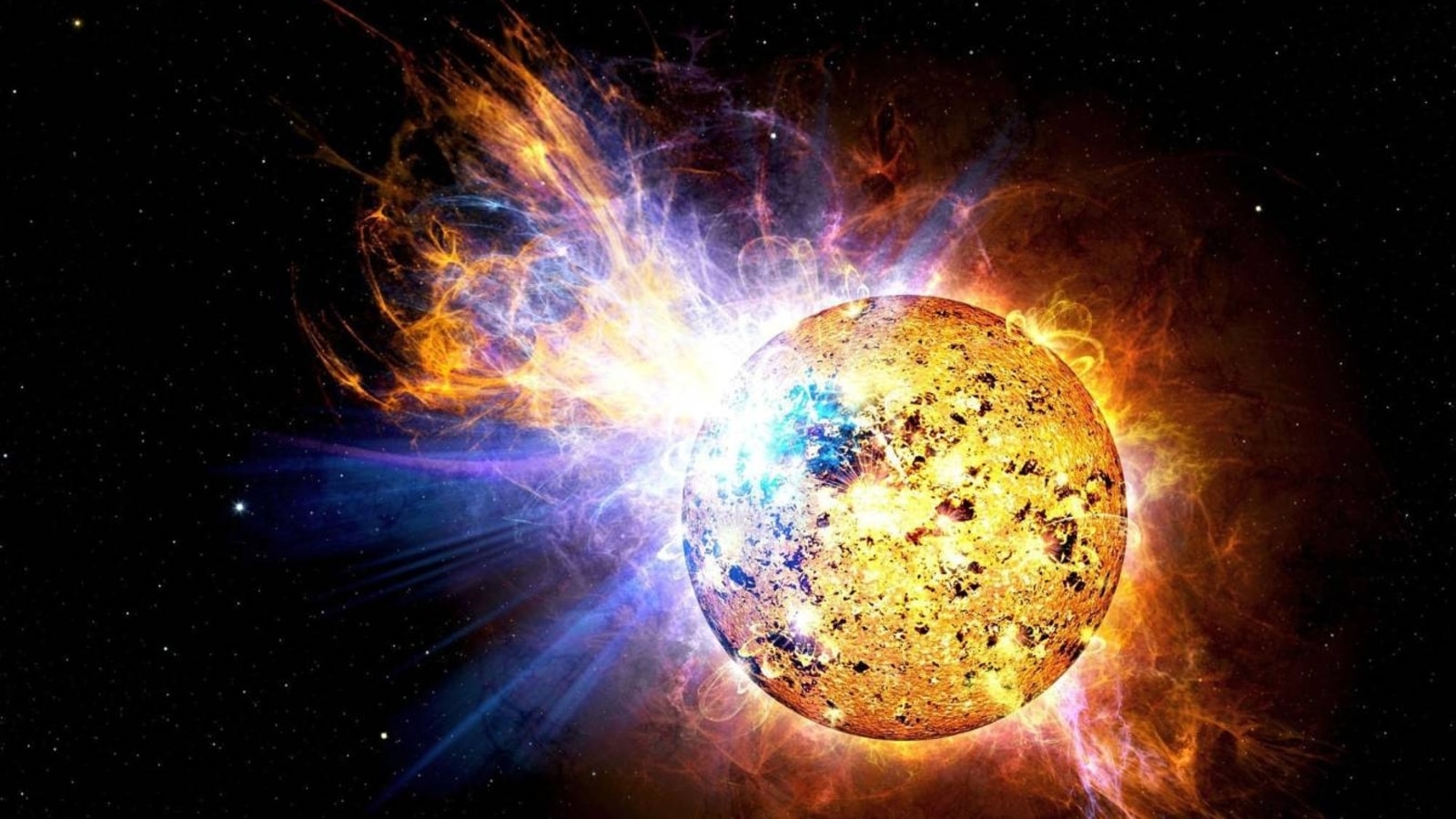
 View all Images
View all ImagesRecent discussions about the possibility of an "internet apocalypse" caused by solar storms have captured the attention of social media users. While the concept may sound like science fiction, experts suggest that a widespread internet outage triggered by a powerful solar storm is a rare, but plausible event. As the sun enters a particularly active phase known as the "solar maximum" in 2025, concerns about the world's preparedness have started to rise.
In effect, when the Sun is extremely volatile, it spews out energy in space. This can be in the form of what is called solar flares, coronal mass ejection, solar wind etc. If it happens to collide with the Earth's magnetic field, it immediately sparks a geomagnetic storm. While one effect of that are the beautiful auroras, the other is the impact on electrical grids, satellites, internet infrastructure, even oil rigs may have to be shut, and more. If a solar storm is powerful enough, like the Carrington event in 1859, it can destroy satellites, power grids and more. The Internet outage can last months as the damage will take that long to repair, according to the Washington Post reports.
Researcher sheds light on the need for internet resilience
Sangeetha Abdu Jyothi, a computer science professor at the University of California, Irvine, has played a significant role in popularising the term "internet apocalypse" through her paper titled "Solar Superstorms: Planning for an Internet Apocalypse." Jyothi's interest in internet resilience was piqued during the COVID-19 pandemic when she realised society's lack of preparedness for such a crisis. She observed a dearth of research on the topic of widespread internet failure, particularly in extreme cases.
Jyothi emphasises that a severe solar storm could significantly impact large-scale infrastructure, including submarine communication cables (which carry most of our Internet traffic), potentially disrupting long-distance connectivity. Furthermore, the concentration of internet infrastructure in northern latitudes makes them particularly vulnerable to solar storms. This aspect has generally been overlooked till now.
The consequences of such outages could be dire, potentially lasting for months. Repairing the damage caused by these events would depend on the scale and the time required for restoration.
A Researcher's Regret
However, Jyothi expresses regret for coining the term "internet apocalypse" in her paper. She said, she feels "bad" for having used the phrase. However, the reason is important. She says that preparing for such an event falls primarily on governments and companies and ordinary people have very few options. She also notes that her paper received an unexpectedly high level of attention.
Catch all the Latest Tech News, Mobile News, Laptop News, Gaming news, Wearables News , How To News, also keep up with us on Whatsapp channel,Twitter, Facebook, Google News, and Instagram. For our latest videos, subscribe to our YouTube channel.































